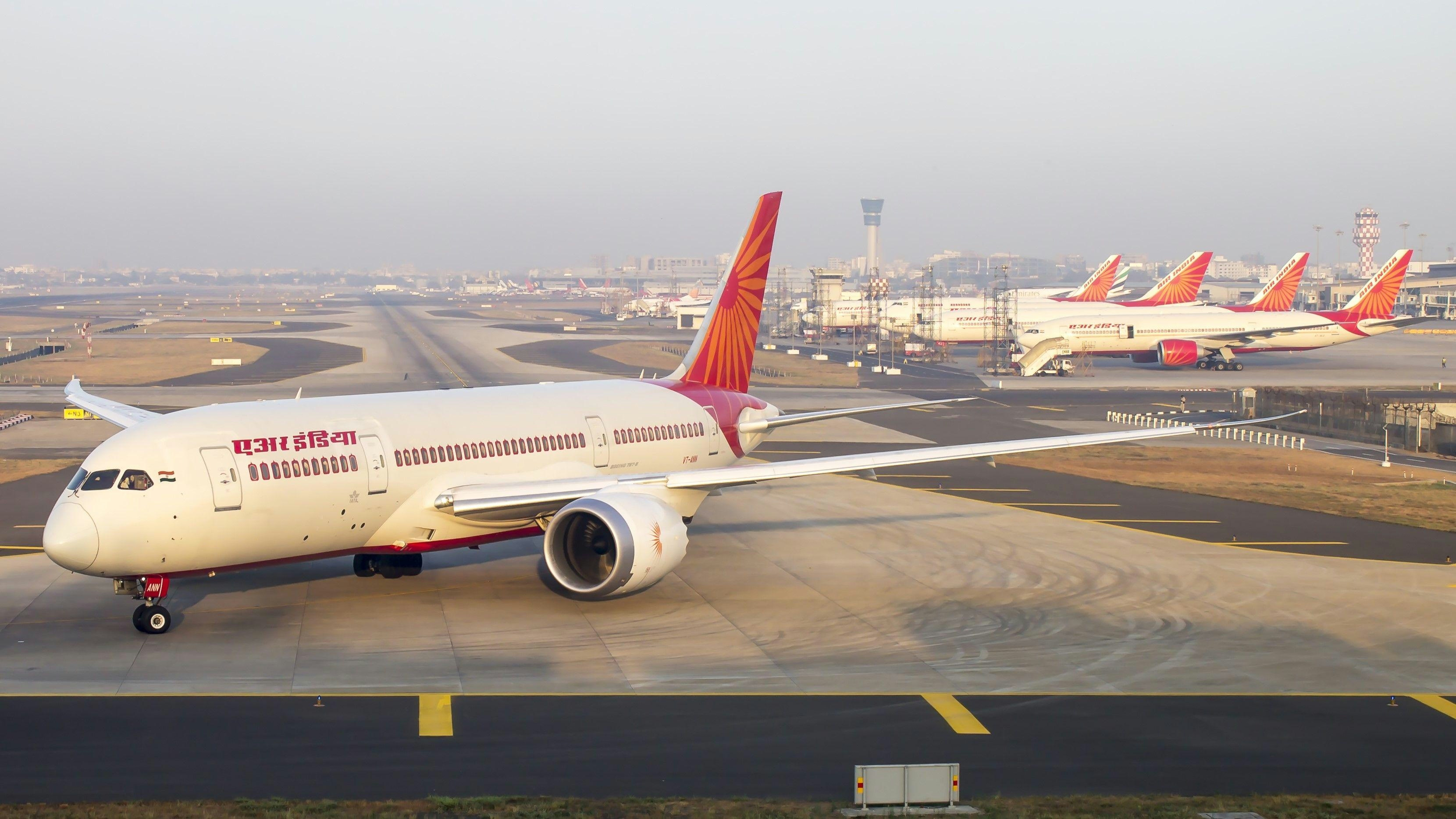
Smarter email, faster business.
Trending
Aviation Expert Suggests Boeing 787 Software May Have Contributed to AI Crash
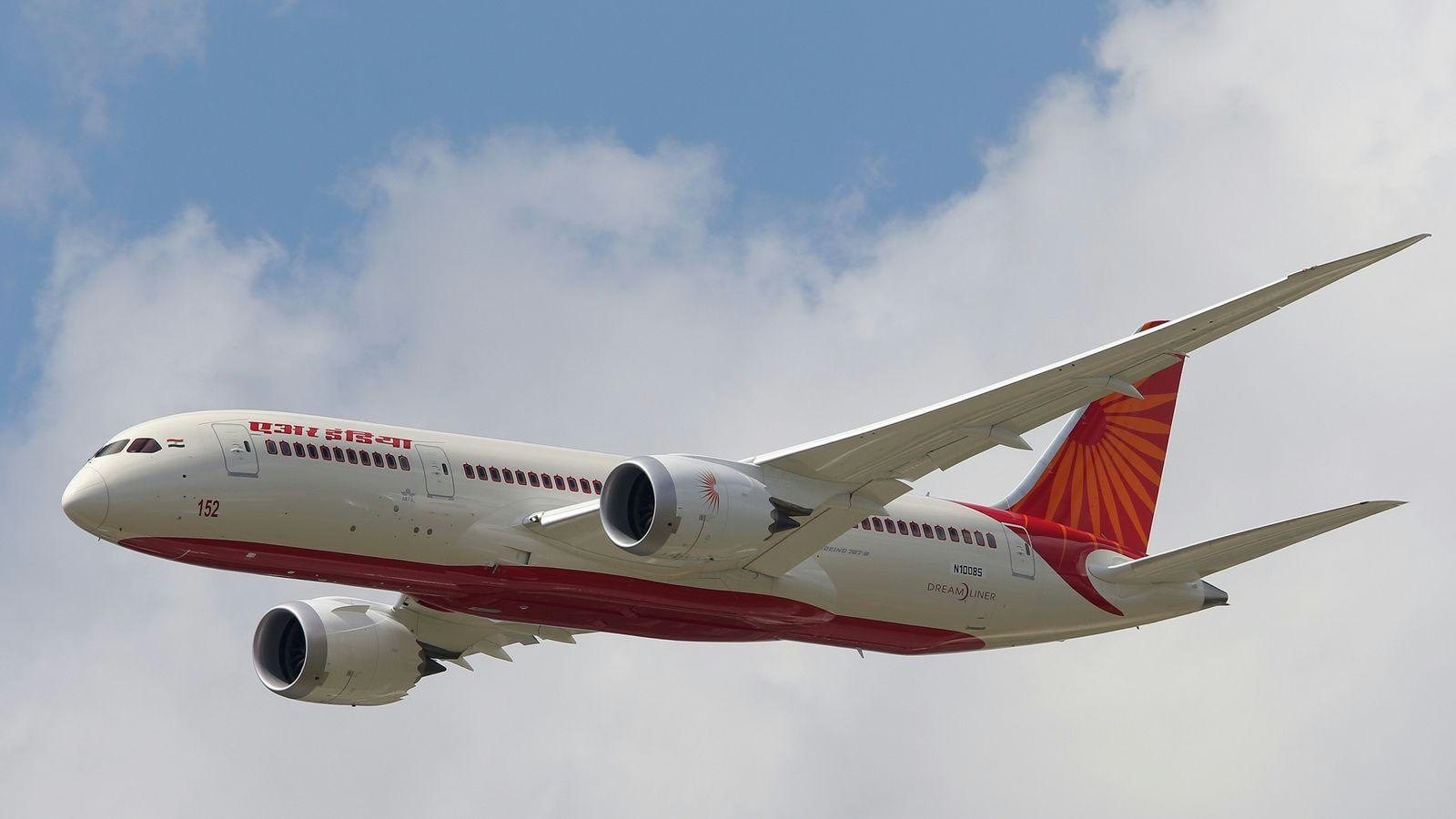
Aviation Expert Raises Concerns Over Boeing 787 Software in Air India Crash
Mary Schiavo, former Inspector General of the U.S. Department of Transportation and a prominent aviation attorney, has expressed serious concerns that a software-related engine thrust rollback malfunction in the Boeing 787 may have played a role in the recent crash of Air India Flight AI-171. In an exclusive interview with The Sunday Guardian, Schiavo highlighted a known issue previously examined by the U.S. National Transportation Safety Board (NTSB), where the aircraft’s computer systems could mistakenly reduce engine thrust during flight.
Drawing on her extensive experience overseeing major air safety investigations and representing families affected by aviation disasters, Schiavo emphasized the risks posed by Boeing’s involvement in its own crash investigations. She called on India’s Directorate General of Civil Aviation (DGCA) to undertake a comprehensive and independent inquiry, particularly given the complexity of the Boeing 787’s software systems.
Software Malfunction and Regulatory Concerns
Central to Schiavo’s warning is the Thrust Control Malfunction Accommodation (TCMA) system, mandated by the Federal Aviation Administration for the Boeing 787. The TCMA operates in conjunction with the Full Authority Digital Engine Control (FADEC) system, relying on computer inputs to determine whether the aircraft is airborne or on the ground. If these systems incorrectly classify the aircraft’s status, they may automatically adjust engine settings, potentially reducing thrust without any pilot intervention.
Schiavo referenced a 2019 incident involving Japan’s All Nippon Airways (ANA), where a similar dual engine thrust rollback occurred. The NTSB investigation into that event identified the issue as a software design flaw and led to corrective measures across the 787 fleet. According to Schiavo, such computer-triggered thrust reductions would leave distinct signatures in the flight data recorder, which investigators should carefully analyze in the case of AI-171.
Wider Implications for Boeing and the Aviation Industry
The possibility that Boeing 787 software contributed to the Air India crash is expected to heighten scrutiny from aviation regulators worldwide. Should software faults be confirmed, both Boeing and Air India could face significant legal consequences. The incident may also prompt a broader reassessment of software-related risks within the 787 fleet. Schiavo drew parallels to Boeing’s handling of the MCAS software issue, which previously sparked global controversy and regulatory intervention.
Beyond regulatory and legal ramifications, the crash carries immediate consequences for the global aviation insurance market. Industry analysts warn that insurance and reinsurance premiums could increase, particularly in India, where the aviation insurance sector has already been grappling with financial losses. Competitors may leverage the situation to highlight their own safety records and technological advancements, potentially affecting Boeing’s market position.
For Air India, the crash presents a critical challenge to its Vihaan.AI transformation program, which aims to elevate the airline to world-class status within five years. The investigation’s outcome and the airline’s subsequent response will be closely monitored by regulators, insurers, and the traveling public.
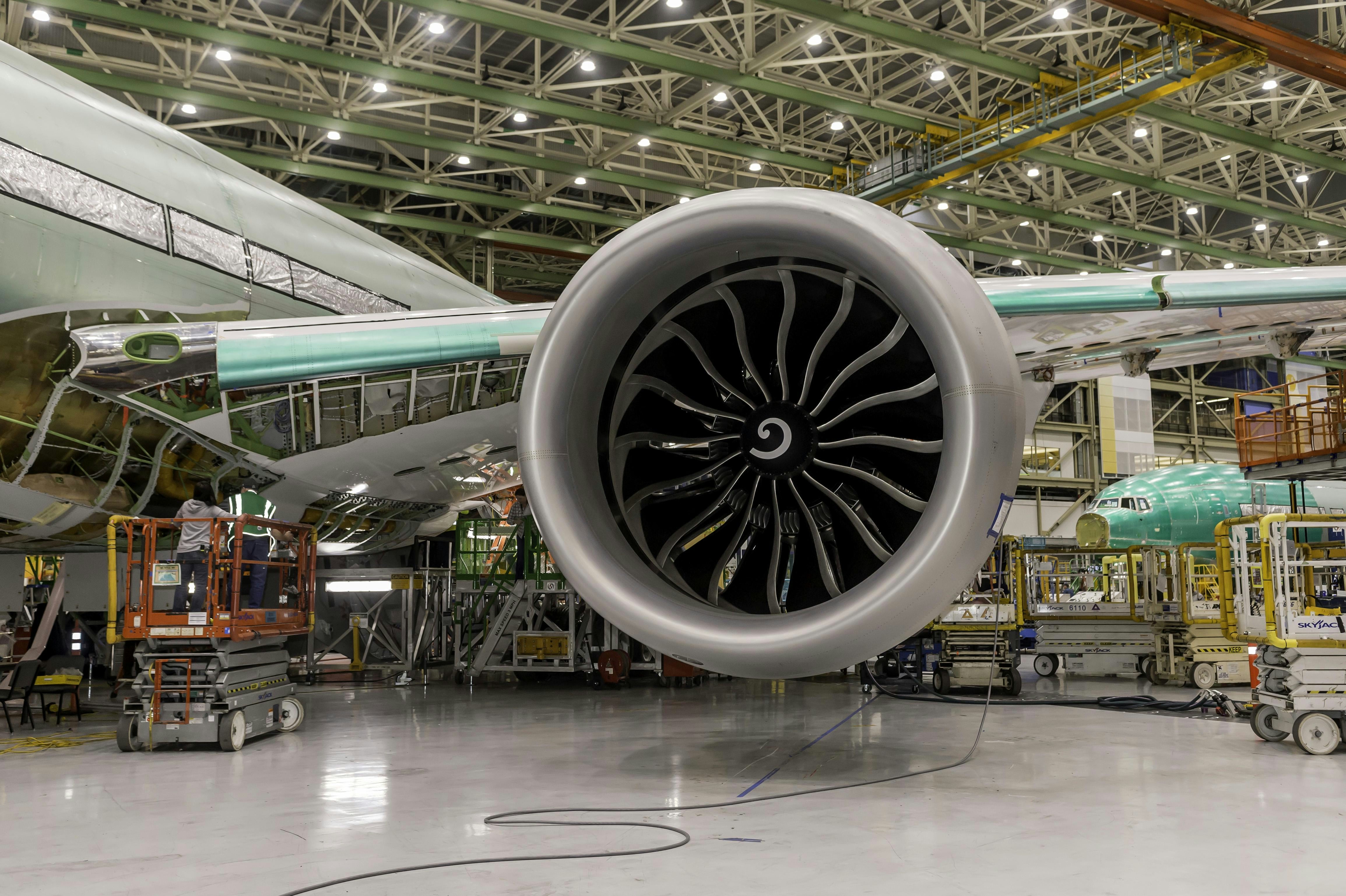
IATA Says Airlines Hesitant to Accept Aircraft Deliveries Amid Tariff Uncertainty
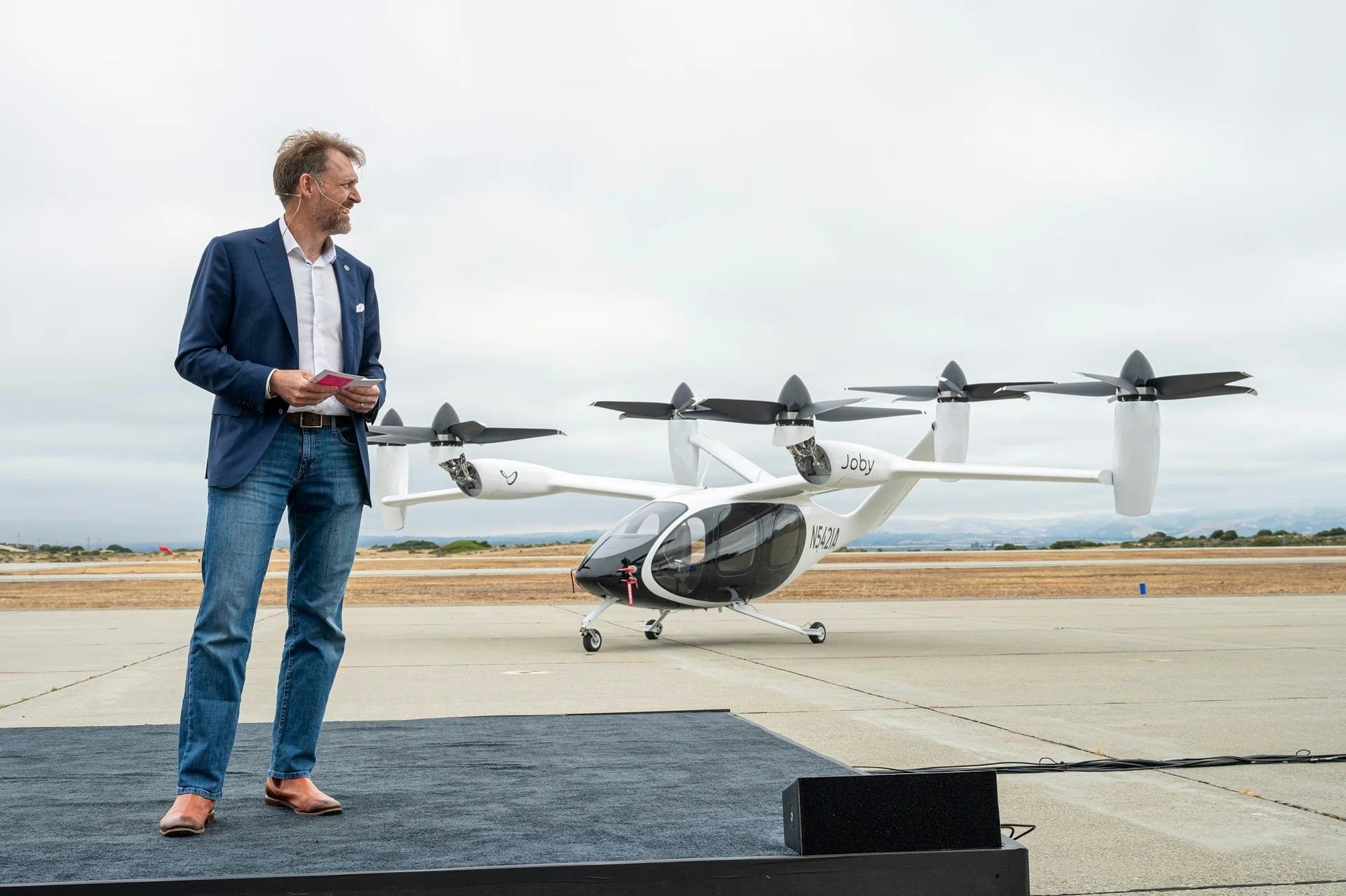
Flying Taxi CEO Regains Billionaire Status After Stock Surges 160%
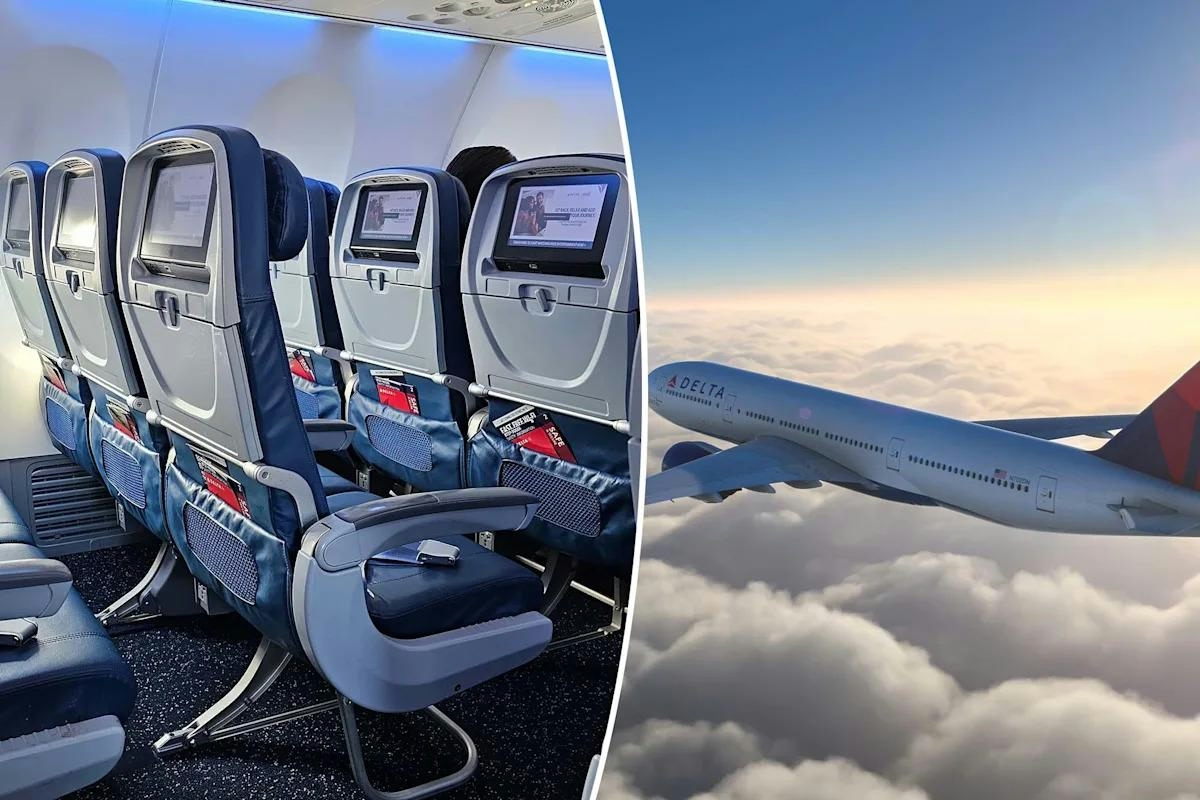
Delta to Use AI for Ticket Pricing
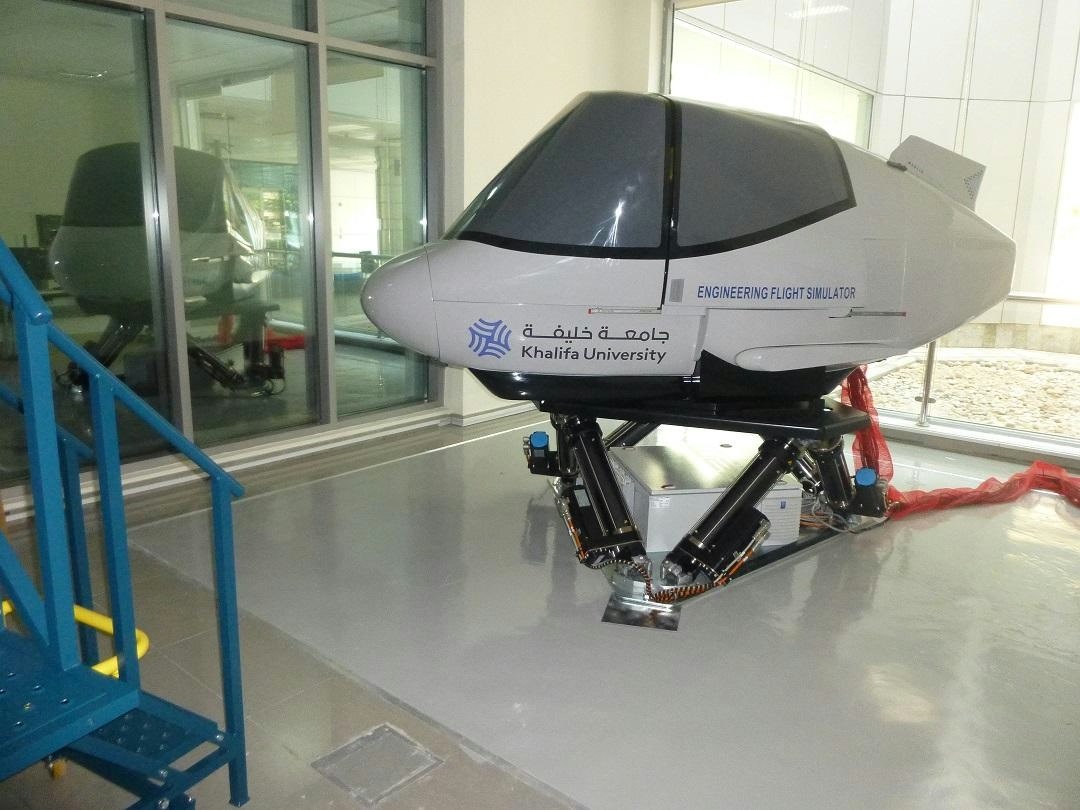
Khalifa University Students Drive Aerospace Innovation with Merlin MP521 Flight Simulator
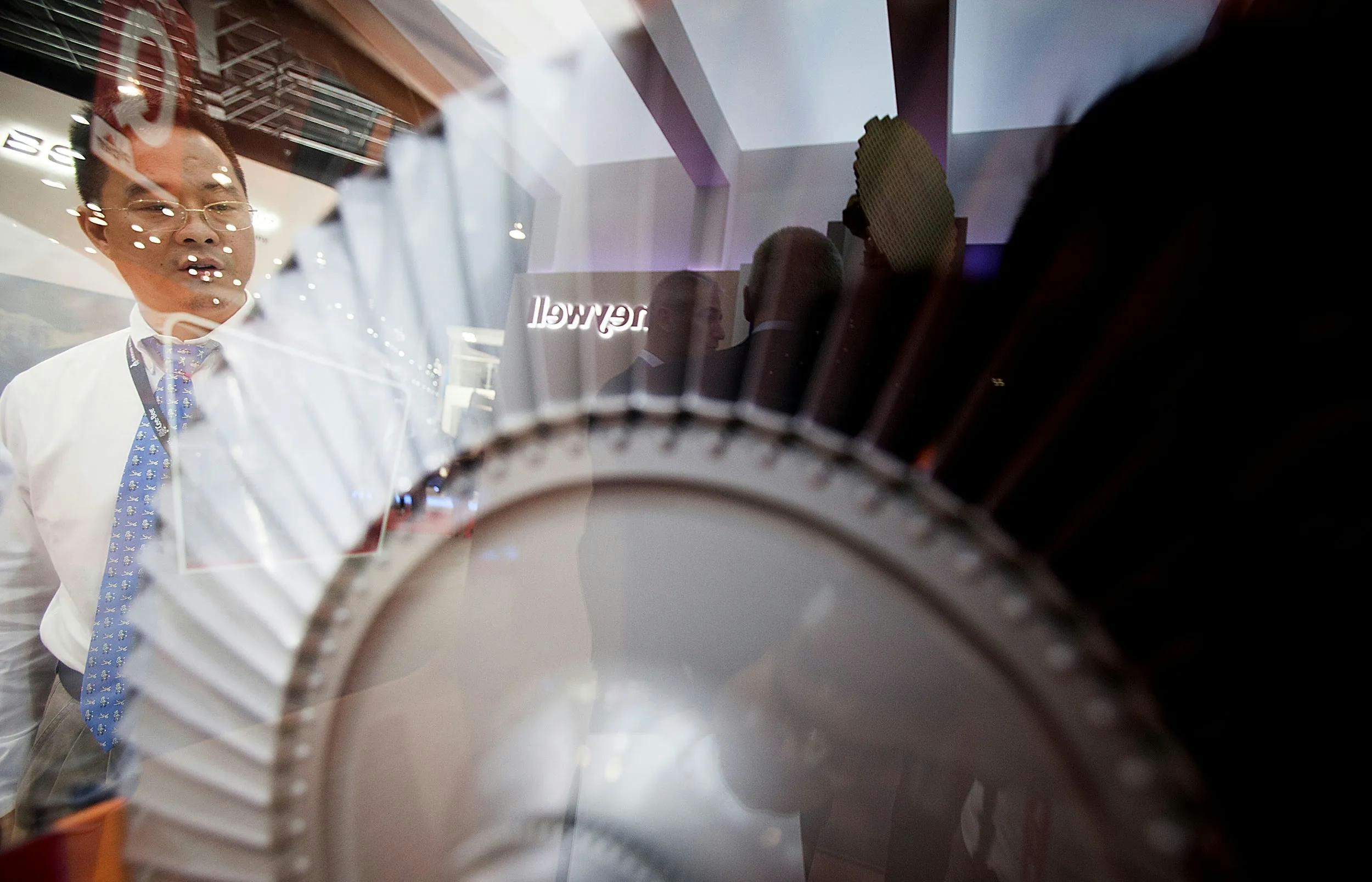
Woodward Stock Gains on AI Data Center and Aerospace Prospects
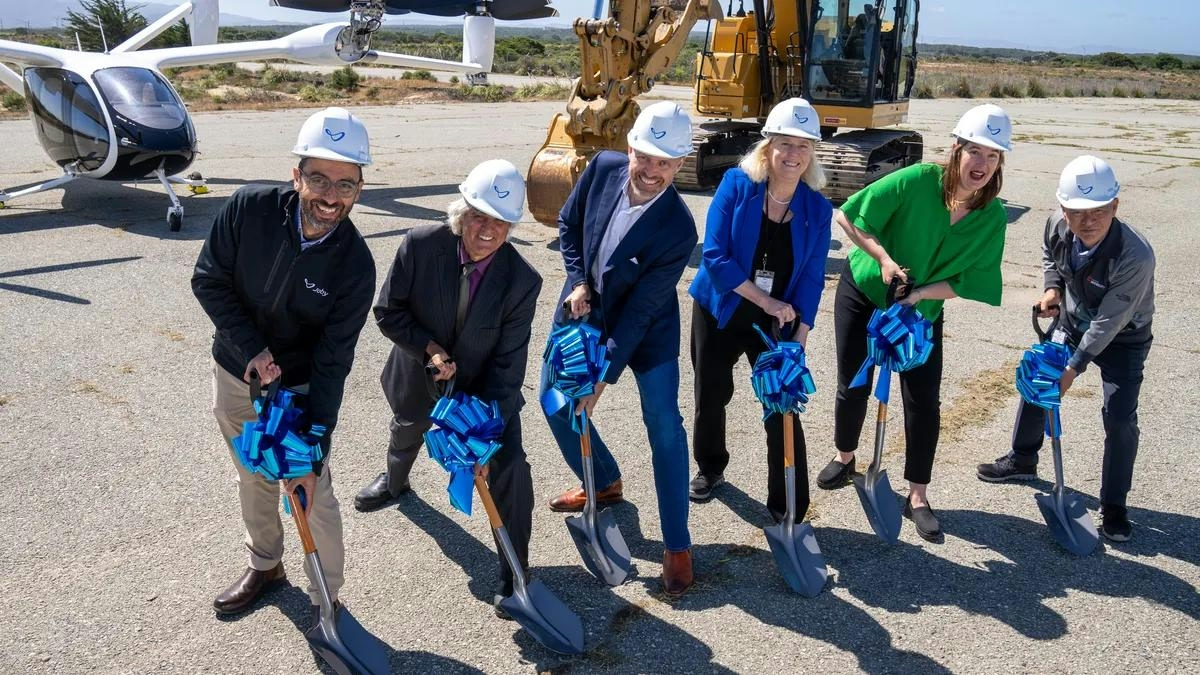
Joby Aviation to Double Production at Air Taxi Manufacturing Facility

Military Aircraft Maintenance Market Projected to Reach $145 Billion by 2034
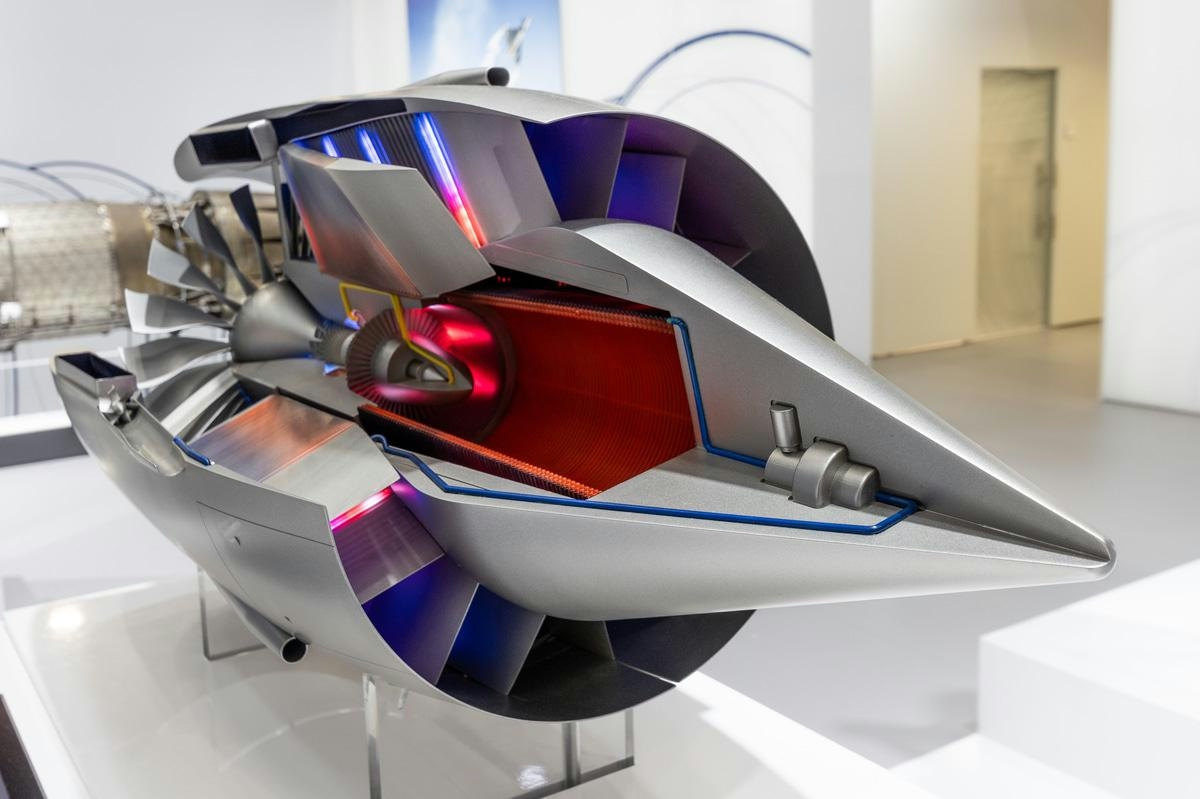
King’s Advances Jet Zero Initiative with Hydrogen Engine Project
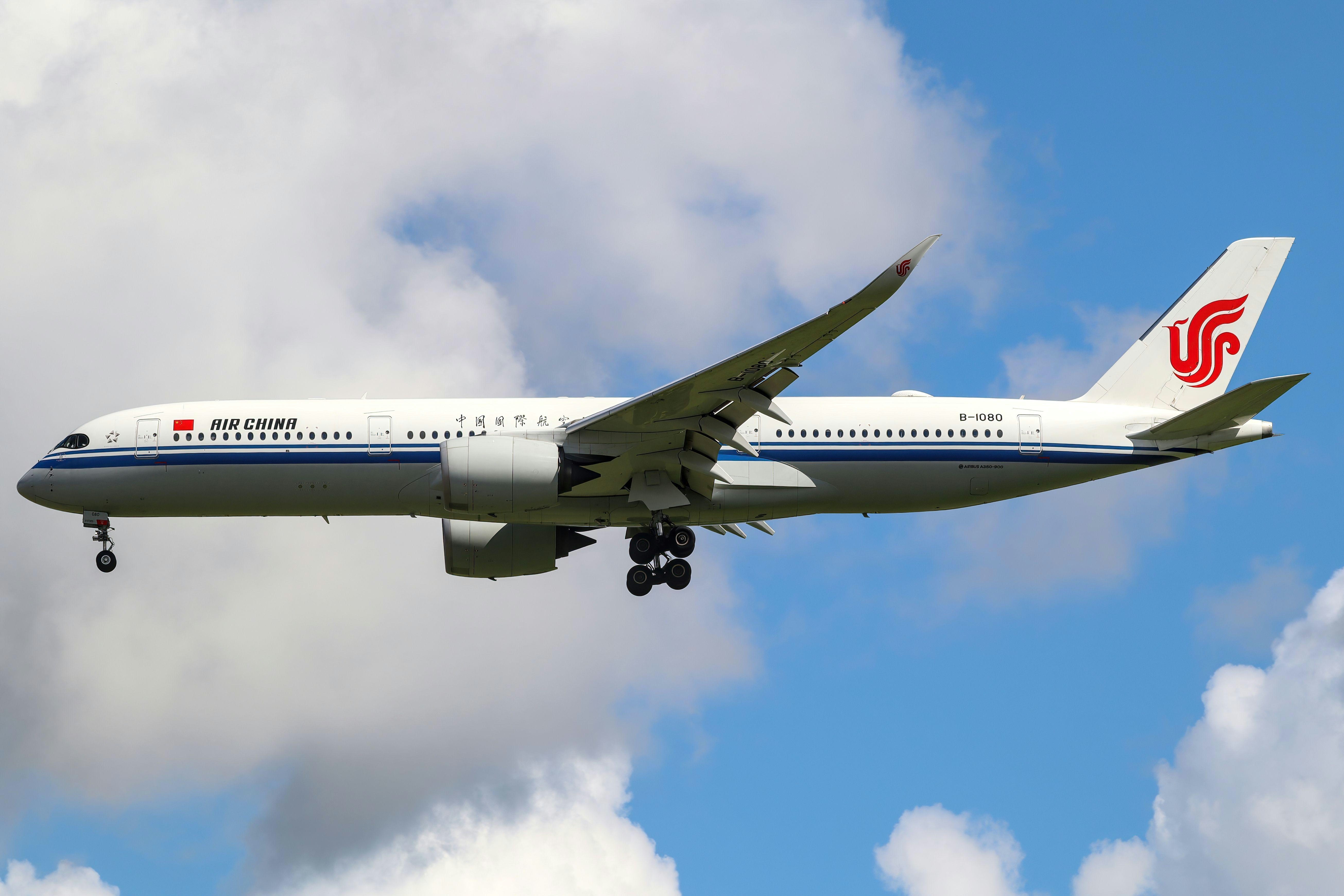
Air China A350 and Freighter Nearly Collide Over Russia
